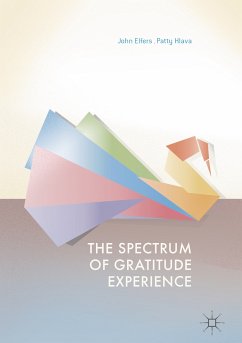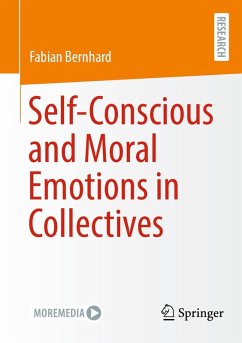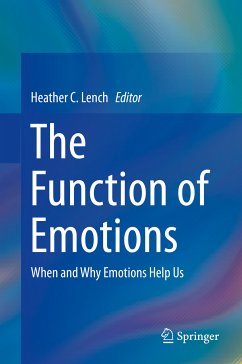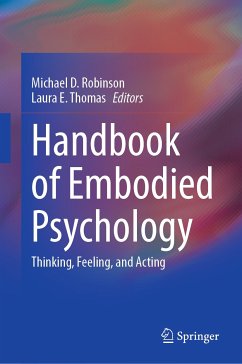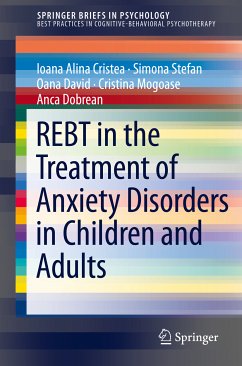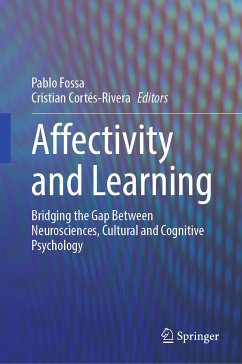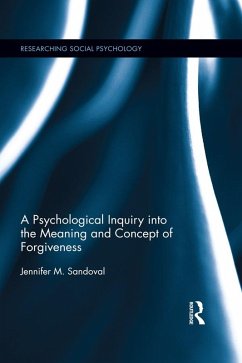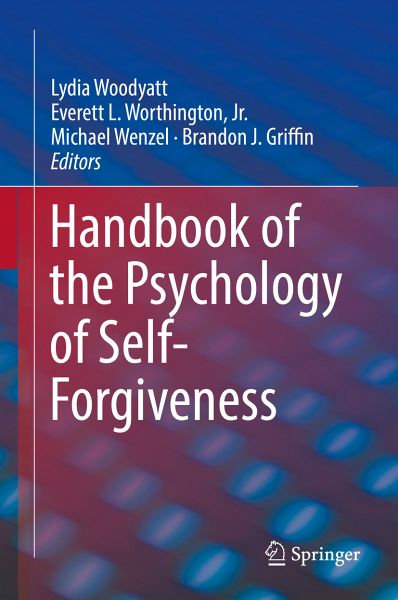
eBook, PDF
Handbook of the Psychology of Self-Forgiveness (eBook, PDF)

PAYBACK Punkte
108 °P sammeln!





Provides scientific basis of self-forgiveness
Offers guidelines for clinicians
Internationally noted roster of contributors
Applies to a variety of clinical settings
Offers guidelines for clinicians
Internationally noted roster of contributors
Applies to a variety of clinical settings
Dieser Download kann aus rechtlichen Gründen nur mit Rechnungsadresse in A, B, BG, CY, CZ, D, DK, EW, E, FIN, F, GR, HR, H, IRL, I, LT, L, LR, M, NL, PL, P, R, S, SLO, SK ausgeliefert werden.
Lydia Woodyatt is an Assistant Professor at Flinders University, Adelaide. Her research focuses on the psychological needs humans have following transgressions and the process of self-forgiveness. An award winning teacher, she combines her research in experimental social psychology with her previous career in pastoral care, speaking regularly to schools, universities, organizations, community groups, and the media on the topic of selfforgiveness, shame, self-compassion, and coping with negative emotions following failure and transgressions. Everett L. Worthington, Jr., is Commonwealth Professor of Psychology at Virginia Commonwealth University (VCU). He is also a licensed Clinical Psychologist in Virginia. He has published 35 books and over 400 articles and scholarly chapters, many on the processes of forgiving others and oneself. Over the course of his career, Worthington has administered millions of dollars in grant funding, appeared regularly in the media,and spoken across the globe with the intention of promoting forgiveness in every willing heart, home, and homeland. Michael Wenzel is an Associate Professor in the School of Psychology at Flinders University, Adelaide, Australia. He has published around 70 journal articles and book chapters in the fields of social justice; justice restoration, forgiveness and moral repair in interpersonal and intergroup relations; social discrimination and tolerance between groups; and compliance with the law. He was the president of the International Society for Justice Research 2012-14. Brandon J. Griffin is a doctoral candidate in the APA-accredited counseling psychology program at Virginia Commonwealth University. He has authored multiple manuscripts on the topic of self-forgiveness, including the largest randomized controlled trial conducted to promote self-forgiveness among interpersonal offenders. He currently develops and implements self-forgiveness interventions designed to help military service members reclaim their sense of purpose and restore trust in their relationships after experiencing a moral injury.
Produktdetails
- Verlag: Springer International Publishing
- Seitenzahl: 369
- Erscheinungstermin: 7. September 2017
- Englisch
- ISBN-13: 9783319605739
- Artikelnr.: 53064302
Für dieses Produkt wurde noch keine Bewertung abgegeben. Wir würden uns sehr freuen, wenn du die erste Bewertung schreibst!
Eine Bewertung schreiben
Eine Bewertung schreiben
Andere Kunden interessierten sich für


